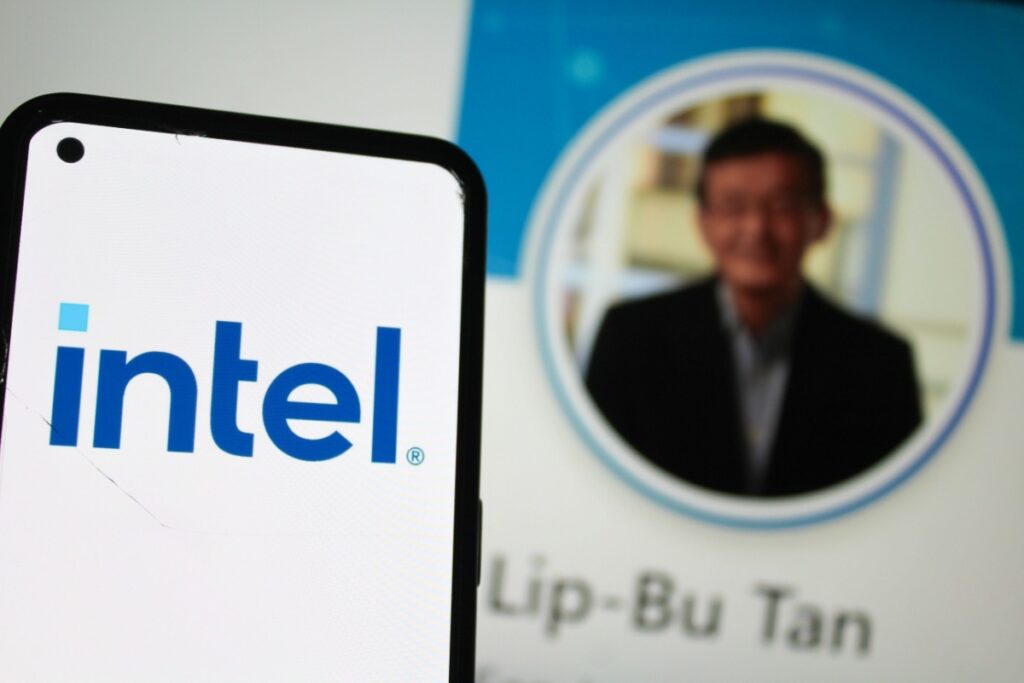Shares of Intel slid 3.5% on Thursday after former President Donald Trump declared on Truth Social that “the CEO of Intel is highly CONFLICTED and must resign, immediately.”
The post landed just before the opening bell, triggering automated sell orders and dragging the stock to its lowest level in a month even as the tech-heavy Nasdaq Composite advanced.
Cotton’s Letter Details Conflict Concerns
Trump’s demand followed a six-page letter from Sen. Tom Cotton, chair of the Senate Intelligence Committee, to Intel Chairman Frank Yeary. Cotton cited filings indicating that new CEO Lip-Bu Tan, appointed in March 2025, still holds stakes in “dozens of Chinese chip companies,” including several linked to the People’s Liberation Army. He asked whether Tan had fully divested holdings in firms such as SMIC, warning that unaddressed conflicts could jeopardize U.S. national-security interests.
Intel has not commented publicly, but a person familiar with board deliberations said directors are reviewing the issue with outside counsel. The same source added that Tan began selling some holdings after accepting the job but had not completed the process when Cotton’s letter arrived.
Intel’s Strategic Struggle Amid China Tensions
Tan—best known for transforming Cadence Design Systems—was hired to reboot Intel after years of market-share erosion to Nvidia and AMD. His plan calls for cutting headcount to 75,000, roughly a 22% reduction, and winning at least one major external foundry customer by year-end.
Year-to-date, Intel shares are roughly flat after plunging more than 60 % in 2024; rival Nvidia has soared nearly 140% over the same stretch.
Intel has also secured more than $8 billion in subsidies under the CHIPS and Science Act for new fabs in Ohio, Arizona and New Mexico—funds that lawmakers say come with strict security expectations.
Analysts warn that the political storm could delay additional CHIPS disbursements and complicate Defense Department contracts if concerns linger.
What Comes Next for the Chipmaker
Governance experts say Tan may need to place remaining foreign assets in a blind trust or escrow to satisfy both the board and Washington. Meanwhile, employees already bracing for layoffs fear the controversy could derail the turnaround.
Investors hope for clarity on the next earnings call scheduled for Oct. 24, where Tan is expected to address the matter directly. Until then, traders anticipate heightened volatility. As one portfolio manager put it, “When a former president and the head of the Senate Intelligence Committee target the same CEO, staying on message gets a lot harder.”



